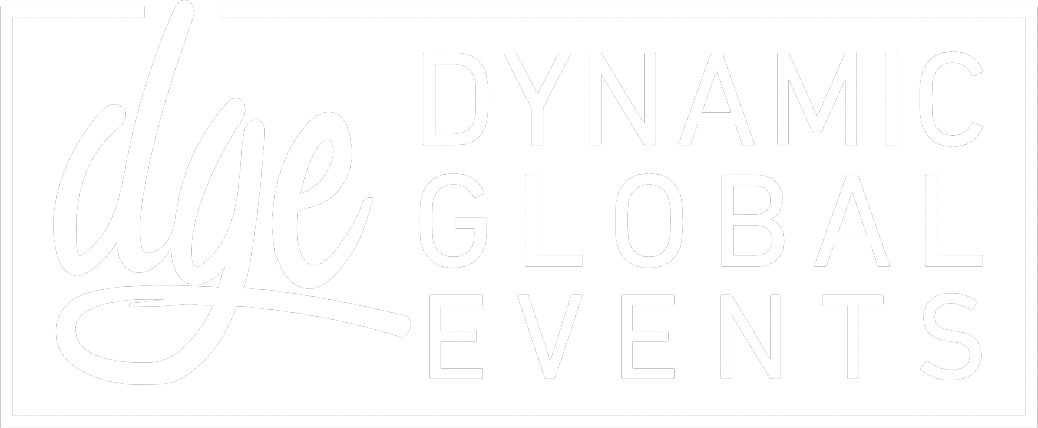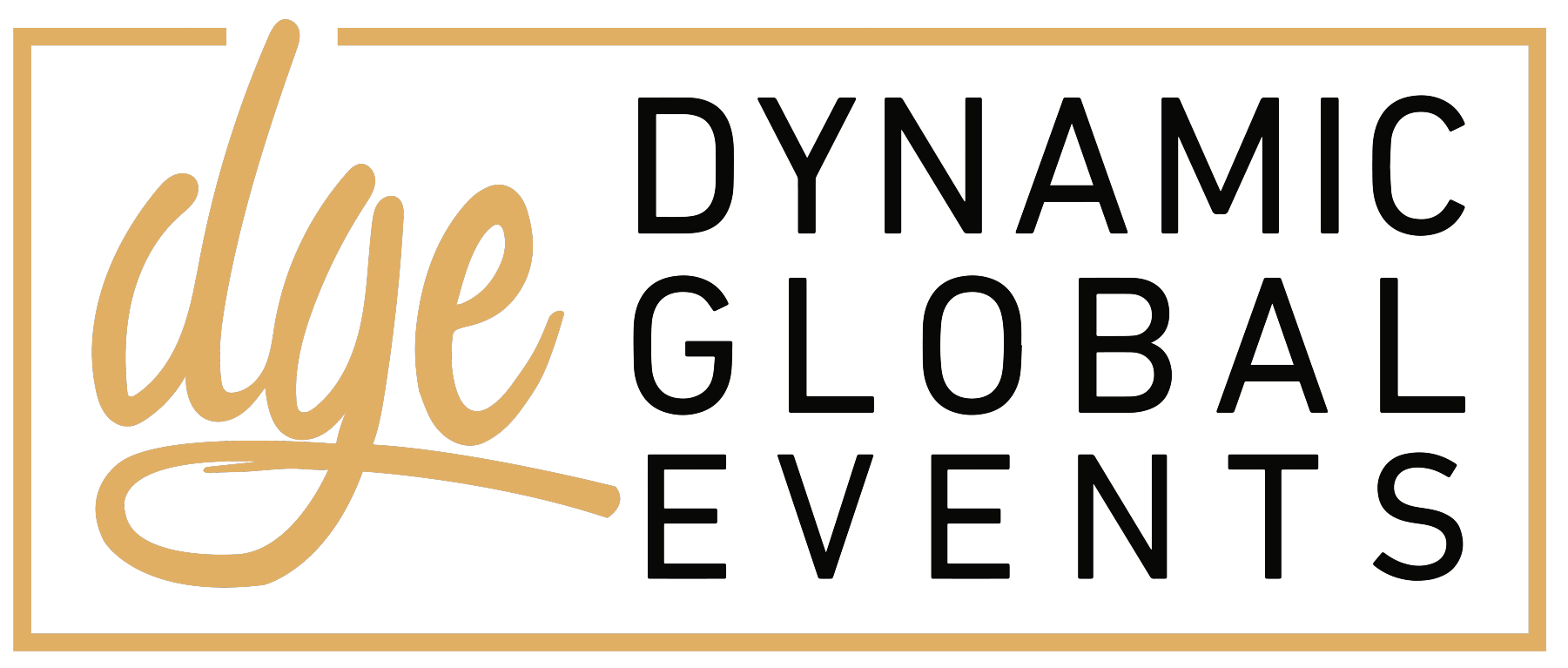Dynamic Global Events (“DGE”) is the Life Sciences Leader in providing B2B conferences. Our name is derived from our Goal – to serve the dynamic informational and networking needs of the Pharmaceutical, Biotechnology, Healthcare, Medical Device and allied industries. DGE Live and Hybrid conferences:

THROUGH INNOVATIVE CONFERENCES
OPPORTUNITIES
CONFERENCE CALENDAR
CONFERENCE UPDATES
OPPORTUNITIES
Our interactive sessions will captivate you with the latest industry insights, ensuring an unforgettable experience every event
DGE transforms connections into long-lasting relationships
Share and exchange ideas seamlessly in our proven interactive in-person format
Build partnerships and ignite collaborations to drive innovation and success throughout life sciences
The support of our sponsors is an invaluable testament to their trust in our mission. Our sponsor’s commitment to partnership is strengthened with the shared vision for success.




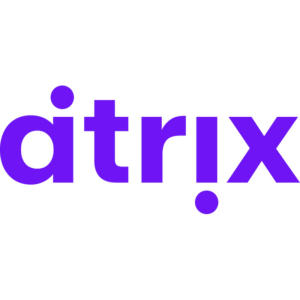

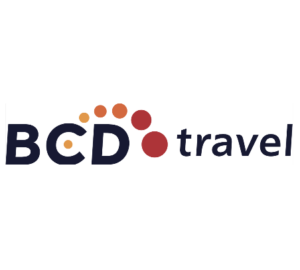
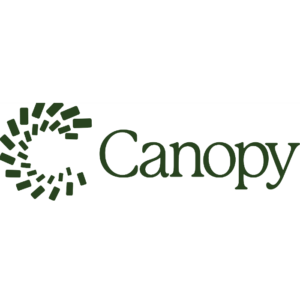
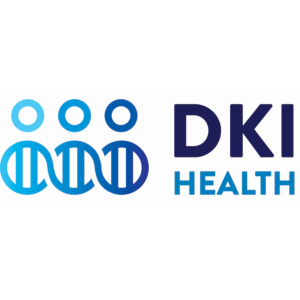
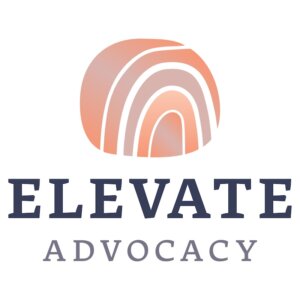
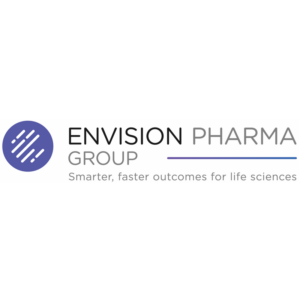
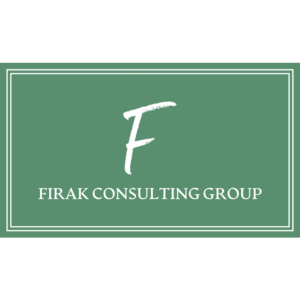

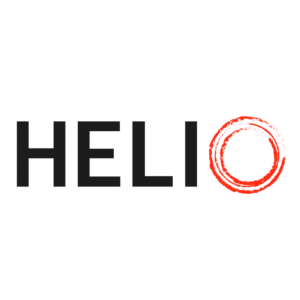

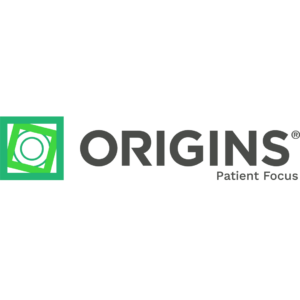




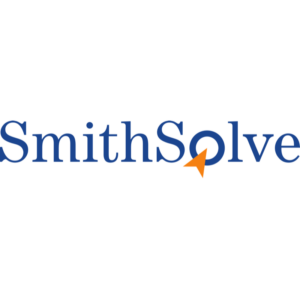
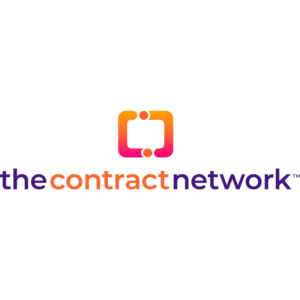


The support of our sponsors is an invaluable testament to their trust in our mission. Our sponsor’s commitment to partnership is strengthened with the shared vision for success.
























Explore conferences in your field: Click to register
- All
- Clinical
- Clinical Operations
- Clinical Trials
- Commercial
- Compliance
- Digital Impact
- Diversity & Leadership
- Drug Safety
- Leadership
- Legal & Regulatory Affairs
- Marketing & Communications
- Medical Affairs
- Patient Partnerships
- Regulatory Affairs
- Technology

DGE’s market research, targeted outreach, and content-focused programming produces a diverse portfolio of conferences. This includes Chief Patient Officer Summit (CPO), Advancing Women’s Leadership in Pharma & Healthcare (AWLC), Digital Strategy & Innovation for Medical Affairs, Risk-Based Quality Management Summit, and much more. DGE conference attendees, speakers, and partners benefit from valuable sessions, interactive workshops, benchmarking with colleagues, and career advancement.
DGE’s sponsorship packages are customizable, flexible and budget-friendly. We connect sponsors to relevant audiences by providing featured speaking, panelist and workshop roles, lead generation, audience feedback, branding opportunities, and so much more. Sponsor a DGE conference and start reaping the benefits of new customer relationships.


Co-Founder & CEO, BELIEVED LIMITED
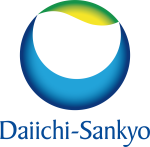
Global Head of Advocacy & Strategic Relations, Global Medical Affairs, Oncology, DAIICHI SANKYO

Director, Early Engagement and Professional Societies, BEIGENE

Associate Director, Contracts and Legal Operations, ENTRADA THERAPEUTICS

Sr. Manager, Grand and Contracts, CELLEDEX THERAPEUTICS
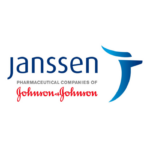
Chief Commercial Data Science Officer, JANSSEN PHARMACEUTICALS


Global Operations Portfolio Group Head, MERCK
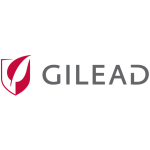
National Account Manager, GILEAD SCIENCES

President, CEO and Board Member
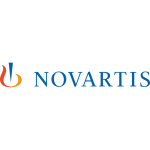
Director, NPS Launch & Lifecycle Analytics, NOVARTIS

Consultant, N’Fini Consulting LLC

Director Transactional Accounting, ALKERMES

Deviation Investigator, LONZA

Clinical Engagement Liaison, ULTRAGENYX

Area Vice President, Northeast, Johnson & Johnson




Director of Marketing, Digital & Omnichannel Strategy, MYRIAD GENETICS

Global Director: Quality Systems Management, ALKERMES

Senior Vice President, Regulatory Affairs & Quality Americas, G&L Healthcare Advisors

ELEVATE ADVOCACY

Director of Patient Advocacy, ARDELYX

Head, Patient Advocacy, ALKEUS PHARMACEUTICALS

Founder & Chairman, RURAL MINDS

Executive Vice President, REVERBA

Executive Director, Global Head, Early Patient Engagement and Professional Societies (Ex-China), BEIGENE
CEO, EMPOWER MEDICAL
Principal & CEO, LUMINOUS

Medical Affairs & Scientific Communications Post Doctoral Fellow, REGENERON

Sr. Director, Digital Strategy & Engagement, CACTUS LIFE SCIENCES

Chief Patient Officer, PAREXEL

Chief Patient Officer, PAREXEL

VP, Marketing & Innovation, FERRING

Director of Patient Advocacy, ARDELYX

Global Head of Publications BPM, ASTRAZENECA
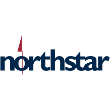
President, NORTHSTAR ADVISORS

Manager, Marketing Operations & Communications, VELOXIS

Director, Medical Information, ALKERMES

Product Manager, RLDATIX LIFE SCIENCES

Great content!

Amazing 2 days at the AI in Life Sciences conference! My favorite part is always the audience engagement, I appreciate all those that could attend….cannot wait for next year

I FOUND MY PEOPLE! Thank you DGE for an amazing event! It was wonderful to be surrounded by a group of people who are all focused on patient inclusivity. It’s been awesome catching up with former colleagues and meeting new ones
Thank you DGE for creating and hosting this conference. You brought a great mix of compliance and non-compliance experts together to learn and share best practices for AI governance. At the end of the conference, I left with notes of ideas and best practices to bring back to my company’s compliance program. I hope to either attend or send my team in future years.

Over two days, I had the opportunity to participate in interactive sessions, engaging discussions, and valuable networking opportunities. The ultimate goal of the conference was to improve clinical outcomes and increase access to breakthrough medications. I left feeling energized and inspired by all of the innovative ideas and strategies shared at the event

``First, I've heard some companies sponsor women to come here. I'm going to tell Merck to do this! Your selection of speakers - you have done an amazing job! The way the agenda was formed today and the way the topics built off of each other - that's amazing!``

``It was an honor to attend Dynamic Global Events (DGE)’s 7th Decentralized & Hybrid Clinical Trials Summit... It was great to connect with many industry experts who are passionate about making patient access to clinical trials easier and more inclusive.``

``Such an incredible meeting. We were thrilled to meet so many inspiring people. Meetings like this make all the difference in creating new ideas and pushing us to be the best versions of ourselves as we make #diversityinclinicaltrials a top priority...``
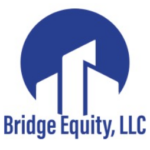
“ It was a fantastic opportunity to present at the 2nd Clinical Trials Summit in Philadelphia. The discussions were dynamic and provided excellent insights from experts speaking and sharing from the audience. Also being able to connect with impactful organizations and their leadership…has been wonderful.”

“What an honor…to discuss opportunities for improving DE&I in clinical trials and in conjunction with patient organizations more broadly.”

“I had the wonderful opportunity to panel a session…with two esteemed industry experts. Thank you DGE for hosting a very nice two-day dual conference in “Decentralized and Hybrid Clinical Trials” and “Diversity in Clinical Trials” in Philadelphia.”

“I had a wonderful experience working with DGE for the 2nd Rx to OTC Switch Conference. The team was supportive in making space for panelists to ask questions, feel comfortable in the virtual setup, and in sharing their perspectives. It was overall very well organized.”

“The two-day experience was terrific, including my time as a guest panelist…I am so grateful for the overall experience. The next time I meet with all these leaders, I hope to discuss their continued successes, the pitfalls, and where our work is heading to continue supporting and evolving our industries.``

``Our colleagues shared how #BMSCommits to building trust and improving clinical trial diversity at Dynamic Global Events (DGE)’s inaugural Advancing Diversity, Equity & Inclusion in Pharma & Healthcare.``

“Thank you Dynamic Global Events (DGE) for hosting this event...it was great to be a part of this and I wanted to remind everyone working on RX to OTC switches in the US that we should form a coalition to enable our shared goal of enabling more switches to widen access to proven self care options.”
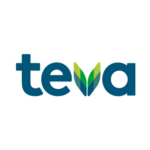
“It was great to take a part in the Clinical Trial Agreements Forum. It is a great opportunity to learn and advance ourselves even during this crazy period even from the home office.”

“Must join for anyone this is interested in learning about REMS.”

“Great conference, gained further awareness, context, and application of REMS related commitments.”
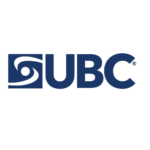
“I thought the variety of speakers and mix of presentations and discussions was very engaging.”

“I was told this is very informative and it really is.”
“Technology one showcased was exciting and hopeful that can help make REMS easier in the future.”

“My team and I found the content relevant and practical.”
“Excellent coverage of the experience of a complex REMS.”

“Great experience working with the DGE team... I was honored to be part of a group of speakers that included experienced and visionary leaders...By the end of it, the closing poll showed the majority of responders felt more confident to initiate AI projects.”

“It was a pleasure participating in the panel discussion at the 4th Digital strategy & Innovation for Medical Affairs Summit...Many good learning to take back from co-panelists. Thanks to Jenna Kippert & the Dynamic Global Events (DGE) team for inviting us for the session and organizing a very relevant 3-day Summit!”

“Thank you to Lori Gallagher and Jason D King-Andreini for hosting...during the 2nd eTMF Forum Conference today. We had a blast educating the sponsor and CRO attendees on establishing a healthy TMF relationship with sites!”

“The lessons presented actually reflected on examples of implementation and the lessons learned.”
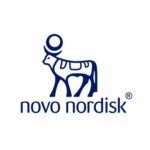
“I wanted to understand more about where other pharma companies are in the process of building up these platforms, this exceeded my expectations.”

``First day of this virtual conference was awesome – I can see and feel the meticulous planning behind the scenes.``
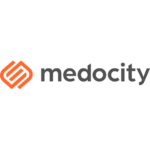
``This is one of the best conferences on this topic that I've seen, and my colleagues agree, it's the perfect balance of scientific and personal!``

``One of the best talks ever seen on virtual/decentralized trials.``

“I was very impressed with the level of thought leadership! The conference far exceeded my expectations and I made several great professional contacts. Thanks, DGE!”
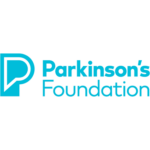
``Thank you so much for this opportunity. I really enjoyed it and was so excited to see how patient centric your meeting is.``

“Was impressed with the conference organization and preparations - It was well planned, and nothing was left out. Great work!”

“I enjoyed it and thought it was a great conference - happy to speak again/help in the future.”

“Thank you Kathleen Stewart for organizing a great Summit and for the opportunity to participate and offer my insights on such an important topic!”

Participating in your conference was truly my pleasure. Thanks so much for inviting me and for making me feel so welcome and appreciated. I learned a lot, I was happy to advance the conversation about patient-pharma community building and to educate the attendees on FDA approaches rare diseases from a regulatory perspective. Additionally, I now have many new contacts who I look forward to interacting with in the future, including both of you!

The level of involvement from the patient community as well as the different perspectives from allof the participants. Seeing that we all face similar opportunities and challenges and there are no easy answers. We have work to do and need to create a path forward for our discussions to be inclusive of the FDA.

The unique quality of this conference is the intimate setting, small groups, round table discussions andworkshops with case studies that encourage heated & dynamic discussion and networking. There’s a great exchange of information happening here that I feel very fortunate to be a part of!

The conference we attended from DGE was great. we opted to speak and the intimate nature of the conference allowed us to have some great conversations with interesting people relevant to the work we are doing.

My first experience with Dynamic Global Events far exceeded my expectations. The speaking topics, expert faculty and engagement opportunities were very carefully considered, and I look forward to my next conference with DGE.

Honored to have participated in the Digital Strategy and Innovation for Medical Affairs Summit with other Medical Affairs professionals. It was great to see real-life cases of digital utilization across Medical Affairs organizations and share best practices on the implementation of these innovative solutions. The time is now for Medical Affairs to embrace new technologies to advance what we do as a function within our organizations!

The Symposium is over, and overall, all of the sessions Eunice and I have taken part of...they are all of good quality. There were a lot of learning and inspirational sessions to bring back to our work. All the speakers were professional and they have prepared lots of educational material.
“Absolutely would recommend! There were thoughtful and engaging speakers.”
“There were lots of dynamic and helpful speakers!”
“Very engaging, could really feel the passion of the speakers and felt examples shared were great.”
“ I greatly enjoyed the conference, especially Colleen’s workshop. Thanks so much for putting together a fine group of speakers and worthwhile conference.”
“The Advancing Women’s Leadership was a great conference that tackles pressing issues and challenges that women face in leadership and helps provide solutions to overcome them and harness their leadership influence going forward and continue to grow as leaders.”

“Thanks again for putting together a wonderful event.”

“I really had a great time and I learned so much. Such a valuable experience!”
“I thoroughly enjoyed my time there. The presentations and overall conference were fantastic! I came out knowing so much more about the topic than I did when I first got there.”

“We had a very good, productive, and inspiring time. `{`DGE`}` thank you for…facilitating that! The conference was very well-run.”
``The Summit was so informative and impactful. Love hearing different perspectives and the push to do more than just have talking points and pretty graphics surrounding diversity.``

``I enjoyed every moment, thank you Dynamic Global Events and fellow panelists for such an engaged, passionate conversation!``
``The Summit was so informative and impactful. Love hearing different perspectives and the push to do more than just have talking points and pretty graphics surrounding diversity.``

“...It was great to be a part of a #PatientDriven conference (Dynamic Global Events (DGE) Chief Patient Officer Summit) and moderate a stellar panel on a top priority for MassBio: building a culture of diversity, equity, and inclusion.”

“Thanks, Dynamic Global Events (DGE) for the opportunity to chair this year’s conference! You have, without a doubt, outdone yourselves.”

“Great conference (Chief Patient Officer Summit.), Thank You to the amazing team that lead the panels, discussions and created the right agenda for this time in our space!”
“Well done! It was an outstanding conference and so great to be back in person. It was amazing connecting with so many that are also so passionate about patient centricity and advocacy - an inspiring two days.”
“This conference will definitely be the “go to” conference of the year. The sessions were insightful and the organic dialogue was engaging. Looking forward to next year!”

“It was such a pleasure to be a part of this year's 2nd Chief Patient Officer Summit. Patients and their loved ones should be at the heart of everything we do in healthcare. Let's continue the conversation and pull through what we continue to learn as a collective. Thank you for a great summit Dynamic Global Events (DGE)”

“Appreciate the opportunity to meet with so many people leading the way in putting the patient experience first.”

“The 2nd Chief Patient Officer Summit was phenomenal. As an opportunity to connect with the most passionate leaders in patient advocacy and as a forum for learning about market-shaping trends and immersing in the world of patient engagement, the conference lived up to every expectation. From bright, inspiring faculty speakers, to engaged and fiercely-committed patient advocacy professionals attending the meeting we had the chance to discover the true value of patient centricity across the biopharma landscape and build relationships with outstanding results. This will be an conference we return to and remember for months to come and inform and inspire our efforts well into the future.”

``I enjoyed all the sessions. There were a lot of dynamic and helpful speakers!``
“Absolutely would recommend! There were thoughtful and engaging speakers.”
“Very engaging, could really feel the passion of the speakers and felt examples shared were great.”
